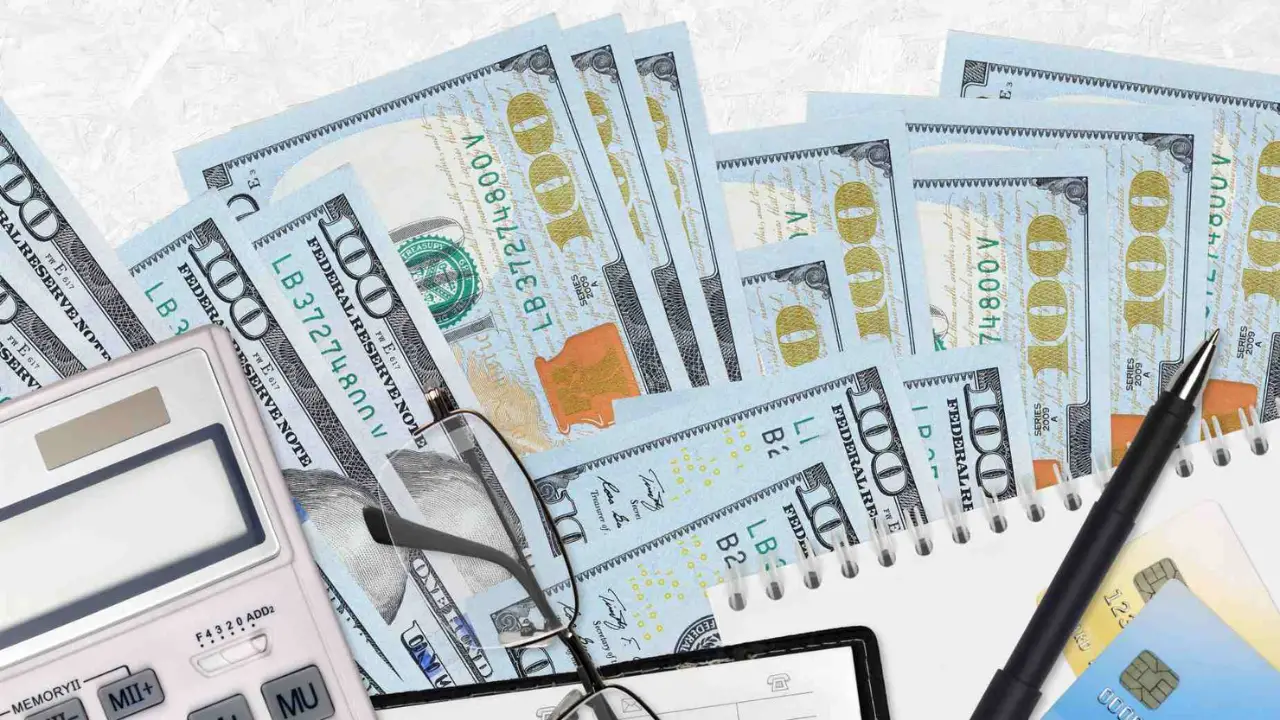In today’s digital age, misinformation spreads quickly, and one popular rumor claims that seniors and people with disabilities will receive a fourth stimulus check.
Despite these widespread stories, the truth is there are no plans for such a payment. Organizations like AARP have confirmed that this financial aid simply does not exist, yet the false information keeps circulating. Let’s break down the facts and clear up these rumors.
What Is the Recovery Rebate Credit?
The misunderstanding may come from the IRS issuing the Recovery Rebate Credit.
This payment is not a new stimulus check but a credit for taxpayers who qualified for the Economic Impact Payments (EIP) during COVID-19 relief efforts in 2020 and 2021 but never received them.
The maximum amount available for this credit is $1,400 per eligible individual. The key difference is that these payments are only for those who missed out on the earlier relief payments—not for everyone, and certainly not a new financial aid package.
Who Is Eligible for the Recovery Rebate Credit?
If you didn’t receive your EIP but were eligible for it, the IRS will automatically notify you.
There is no need to fill out extra forms or submit new applications. The IRS is handling this by sending letters and depositing the credit directly into your bank account if your details are already on file.
The simplicity of this process is meant to ensure that people who are owed money receive it without having to take further action.
Unfortunately, this has not stopped misinformation from spreading about new checks being issued for different groups, including seniors and Social Security recipients.
False Claims of a $2,000 Payment for Seniors

Many false claims online suggest that seniors and people with disabilities will receive a $2,000 stimulus check.
These stories are frequently shared on social media, questionable websites, and even YouTube channels claiming to provide financial advice.
However, none of these sources are backed by credible or official information. The claims often lack any reliable evidence and serve only to mislead or gain attention.
It’s important to treat these reports with caution and verify information from trusted sources like AARP or the IRS.
Misinformation on Social Media and YouTube
Some YouTube channels focused on financial advice post videos suggesting additional payments are just around the corner.
These videos often mislead viewers by making unverified claims. They may do this to attract more views or clicks rather than provide useful information.
Relying on content that lacks credible sources can create unnecessary confusion and frustration.
If you come across these claims, always fact-check using trusted resources before sharing or acting on the information.
COVID-19 Relief Scams: A Continued Threat
The spread of misinformation about stimulus payments isn’t just annoying—it can be dangerous. During the distribution of COVID-19 relief checks in 2020 and 2021, many scammers took advantage of the situation.
They used robocalls, emails, text messages, and social media posts to trick people into sharing personal information or paying fees in exchange for faster or bigger payments. Some fraudsters even pretended to be from government agencies.
How to Protect Yourself from Scams?
To stay safe from scams and misinformation, follow these simple steps:
- Do not share personal information: Never give out your Social Security number, bank account details, or other sensitive information to unknown individuals or organizations.
- Ignore suspicious messages: Emails, texts, or calls promising more stimulus money in exchange for fees are likely scams.
- Verify through trusted sources: Check official websites like IRS.gov or trusted organizations such as AARP to confirm any financial aid news.
- Report scams: If you receive a suspicious message, report it to the Federal Trade Commission (FTC) or other relevant authorities.
Staying Informed and Safe
While financial relief during difficult times is always welcome, it’s crucial to separate fact from fiction. The idea of a fourth stimulus check for seniors may sound appealing, but the truth is no such payment is coming.
Staying informed through official sources, avoiding misinformation, and being cautious about scams can help protect you and your finances.
When you hear rumors about financial aid, take a moment to verify the facts and stay alert to prevent falling victim to scams or false information
Disclaimer- Our team has thoroughly fact-checked this article to ensure its accuracy and maintain its credibility. We are committed to providing honest and reliable content for our readers.




